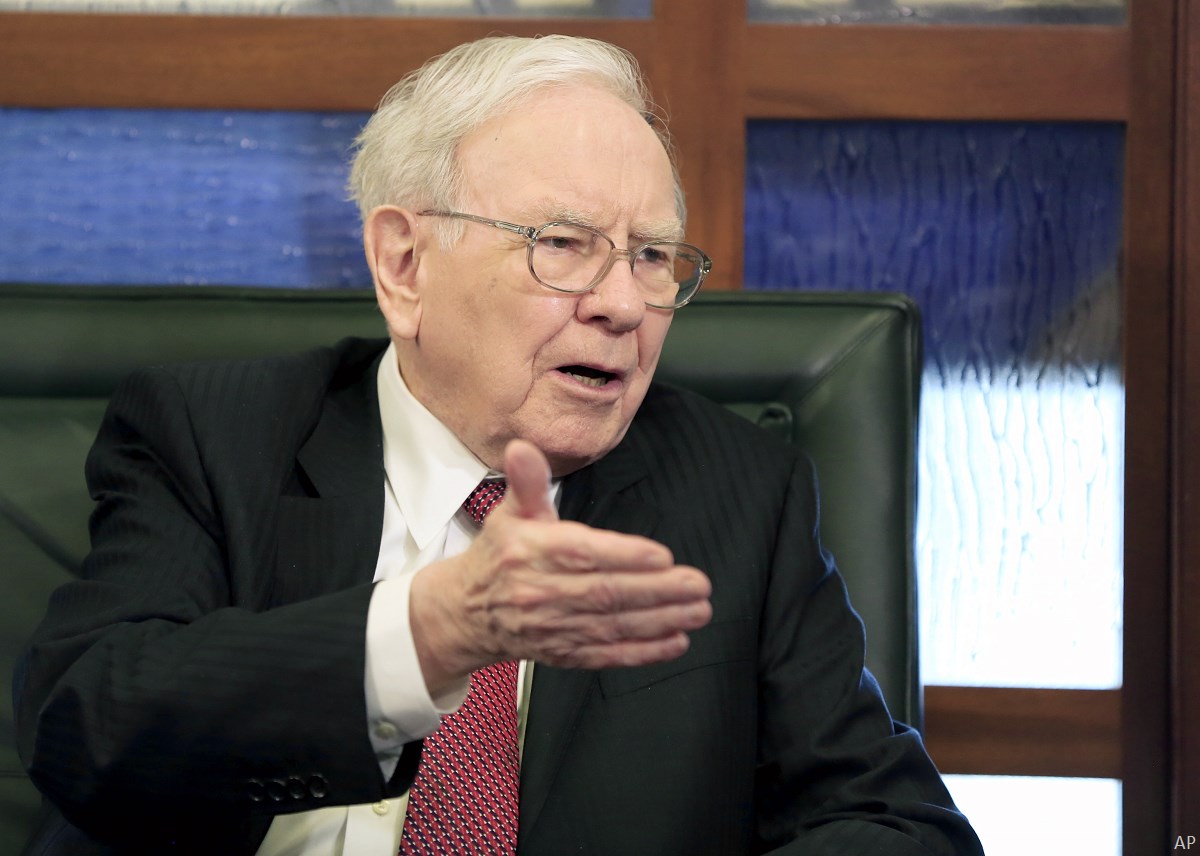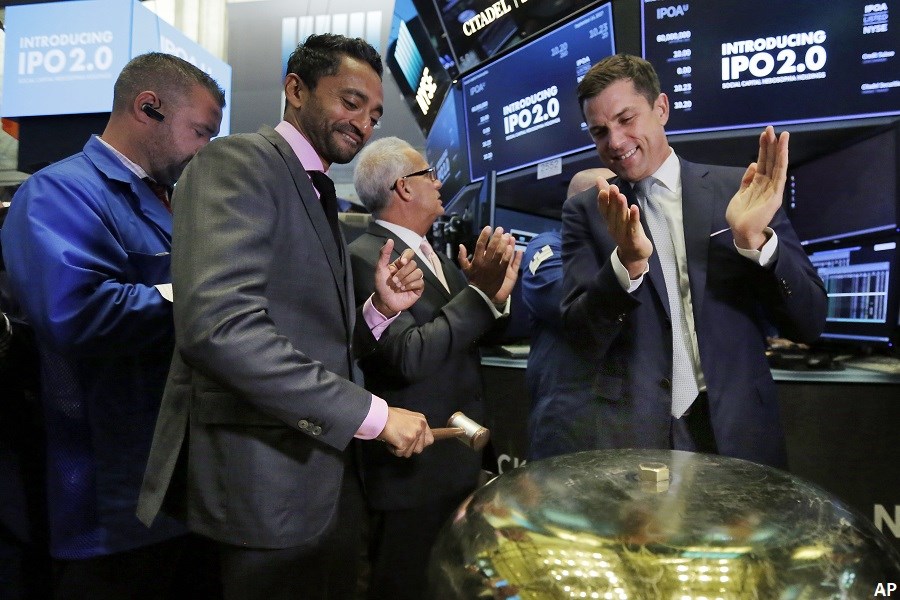
Last week, Berkshire Hathaway (BRK.B) released its first-quarter 13-F. Morningstar’s resident Berkshire specialist Gregg Warren noted that the firm was a net seller of equities during the quarter--most notably, offloading much of its long-held position in Wells Fargo (WFC). “At this point, it looks like Bank of America (BAC), which has not been mired in the scandals that have plagued Wells Fargo, will be at the forefront of Berkshire's bank holdings,” he adds. In fact, while Berkshire has been winnowing down its bank stake during the past year, it’s been adding to its BofA position. Additional sales during the first quarter included Chevron (CVX), Synchrony Financial (SYF), and Suncor Energy (SU), among others.
We think most of Berkshire’s holdings are fairly to overvalued today--including the names the firm added to last quarter. But there are two names that weren’t trimmed during the quarter that we still think are undervalued today. Here are our analysts’ latest stock analyst notes about each.
Amazon (AMZN)
Current Morningstar Rating (as of May 18): 4 stars
Economic Moat Rating: Wide
“Wide-moat Amazon continued its string of impressive results in the first quarter, with revenue and operating profit both topping the high end of guidance. Guidance for the second quarter is better than FactSet consensus, while operating profit is within the range. Amazon remains well positioned to prosper from the shift toward e-commerce during the COVID-19 pandemic (with particular strength in groceries and staples) in the near term, but also the secular shift toward e-commerce in the long term. We think results show the company can sustain strength even as the lockdowns ease, as management sees no slowdown in demand. We are again impressed by Amazon’s earnings power as COVID-19 costs roll away and the company grows into its 50% fulfilment capacity expansion from 2020. We raise our fair value estimate to $4,200 per share from $4,000 based on results and guidance.
First-quarter revenue grew 44% (41% in constant currency) year over year to $108.5 billion, compared with FactSet consensus of $104.5 billion and guidance of $100 billion to $106 billion. Physical stores, which declined 16% year over year, was unsurprisingly the lone soft spot. The brightest area was other revenue, which includes advertising and grew 77% year over year, ahead of our model. We think advertising remains a very attractive option for marketers looking to access a vast audience. Relative to the first quarter in 2020, AWS grew 32% to $13.5 billion, thanks to robust cloud adoption. Online stores grew 44% to $52.9 billion, with groceries performing well per management. Third party grew 64% year over year, while subscription grew 36%.
Operating margin was 8.2%, compared with 5.3% a year ago and 4.6% at the midpoint of guidance. This includes $4 billion of COVID-19-related costs, while Amazon also opened additional data center capacity, which capped margins. We remain impressed by Amazon’s margin performance and we expect strength to continue as COVID-19-related costs unwind throughout the year.”
Dan Romanoff, analyst
Current Morningstar Rating (as of May 18): 4 stars
Economic Moat Rating: Wide
“We're maintaining our $350 per share fair value estimate for Biogen following first-quarter results that were in line with our expectations, with heavy headwinds from generic Tecfidera and biosimilar Rituxan competition in the U.S. We've made only slight tweaks to our model, slightly raising our U.S. sales estimates for MS drug Vumerity and international sales estimates for spinal muscular atrophy drug Spinraza, and removing a phase 2 essential tremor drug from our model (as Biogen assesses next steps following frequent side effects in a recent phase 2 study). While all eyes remain on the potential approval later this quarter for the firm's Alzheimer's disease drug candidate aducanumab (a Food and Drug Administration decision is expected by June 7), we continue to model a 40% probability of approval in 2024 (following an additional phase 3 study). That said, we remain bullish on Biogen's ability to extend its leadership in neurology beyond multiple sclerosis and spinal muscular atrophy, and we point to multiple potential data readouts for the mid- to late-stage pipeline this year, including several expected over the next two months. We're maintaining our wide-moat rating on the firm given the stability of the core MS franchise and promising pipeline, which we see as heavily driven by the firm's ongoing collaboration with Ionis and newer, 2020 collaborations with Denali (neurodegenerative diseases) and Sage (depression).
Biogen shares will remain volatile given uncertainty around the upcoming FDA decision on aducanumab. We think recent positive data from Lilly's donanemab could either be seen as confirmation that amyloid-clearing drugs (including aducanumab) are effective, or as a reason not to lower the bar to allow approval with mixed trial results (given Lilly's progress, as well as upcoming data from Roche's gantenerumab and Biogen/Eisai's lecanemab/BAN2401 expected in 2022).”
Karen Andersen, strategist



















